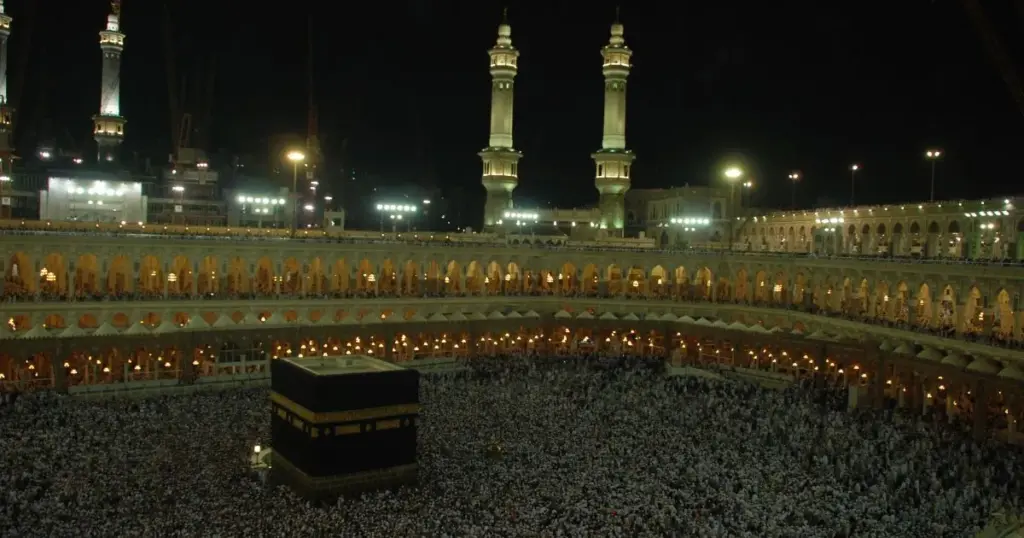Pillers of islam Shahada, Salah, Zakat, Sawm, Hajj
The Five Pillars of Islam are every Muslim’s core beliefs and practices. These pillars form the foundation of a Muslim’s faith and actions:
1. Shahada (Faith)
Declaration of Faith: The Shahada declares, “There is no god but Allah, and Muhammad is His messenger.” This statement affirms the belief in the oneness of God (Allah) and Muhammad’s prophethood. It is the basic concept in Islam and is recited daily by Muslims.

2. Salah (Prayer)
Daily Prayers: Muslims are required to perform 5 daily prayers at specific times: Fajr (dawn), Dhuhr (midday), Asr (afternoon), Maghrib (sunset), and Isha (night). These prayers are a direct link between the worshiper and Allah and serve as a reminder of the importance of faith in daily life.

3. Zakat (Charity)
Almsgiving: Zakat is a form of mandatory charity given to needy people. It is typically 2.5% of a Muslim’s savings and is meant to purify wealth. Zakat is a way to cleanse one’s wealth and promote social equality.

4. Sawm (Fasting)
Fasting during Ramadan: Muslims fast from dawn until sunset, abstaining from food, drink, and other physical needs. The fast is an act of self-discipline, spiritual reflection, and empathy for the less fortunate. It also serves as a time for Muslims to strengthen their relationship with Allah.

5. Hajj (Pilgrimage)
Pilgrimage to Mecca: Hajj is the pilgrimage to the holy city of Mecca in Saudi Arabia, which every Muslim must perform at least once in their lifetime if they are physically and financially stable. The pilgrimage occurs during the Islamic month of Dhul-Hijjah and involves a series of rituals commemorating the actions of the Prophet Ibrahim (Abraham) and his family.

These Five Pillars are the foundation of a Muslim’s life, guiding their faith, practice, and interaction with others.
